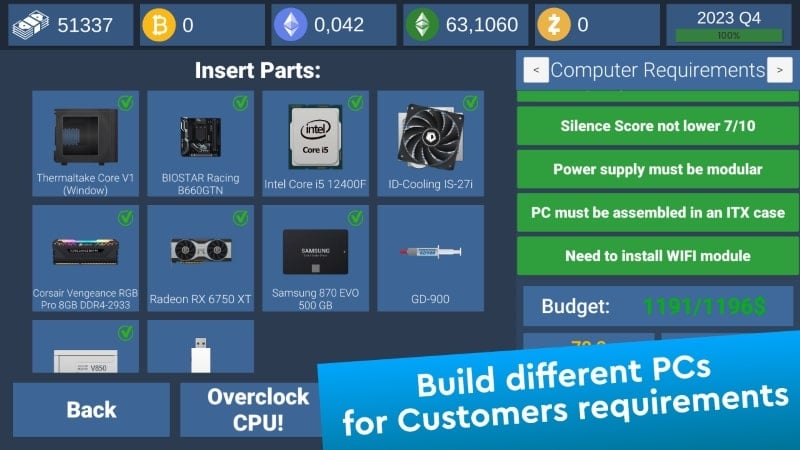The Complex Role of a Restaurant Manager
Managing a restaurant is no simple task. It requires constant innovation and attention to detail to ensure smooth operations. As a restaurant manager, you must always be on the lookout for new strategies to turn delicious recipes into profitable dishes. In Japan, quality is paramount, and this principle must guide every decision you make. Success in this industry depends on your ability to oversee every aspect of the restaurant, from daily operations to long-term growth.
Setting Goals and Building a Customer Base
As a manager, your goals should always be clear. For instance, if you’ve just opened a sushi shop, attracting customers should be your top priority. Delegate food preparation to your chef while you focus on managing customer orders and collecting payments. Offering high-quality, luxurious dishes will ensure customers feel they are getting their money’s worth. Use the revenue to reinvest in your business, whether by sourcing better ingredients, improving recipes, or enhancing the restaurant’s ambiance. These efforts will bring you closer to achieving the perfection that many aspire to, and the growing number of visitors will help your business thrive.
Handling Challenges and Customer Complaints
Being a restaurant manager comes with its fair share of challenges. You’ll encounter customers with diverse personalities, each with their own expectations. Staff efficiency is crucial, but there will be times when orders take longer than expected, leading to complaints. It’s your job to communicate effectively with guests and resolve issues promptly. Additionally, you may face unexpected problems, such as unruly customers damaging your property. Don’t hesitate to address these situations firmly but professionally. How you handle these challenges can determine whether your restaurant remains stable or faces instability.
Enhancing the Restaurant’s Ambiance
The decor of your restaurant plays a significant role in attracting and retaining customers. Start by investing in the right items, ranging from affordable essentials to high-value decor pieces. Consider adding statues, unique lamps, or upgraded floor mats to create a luxurious atmosphere. Even the walls can be transformed into works of art. Each improvement adds to the restaurant’s appeal, drawing in more customers and boosting your revenue potential.
Catering to VIP Guests
Occasionally, VIP guests will visit your restaurant. These individuals require special attention, as they often book private rooms and expect the highest level of service. Ensure that the kitchen prepares the finest dishes to impress them. Catering to VIPs can significantly increase your revenue, sometimes even doubling it. These moments are opportunities for growth without requiring excessive effort, making them invaluable in your journey as a restaurant manager.
In conclusion, managing a restaurant is a multifaceted role that demands creativity, problem-solving skills, and a commitment to quality. By focusing on customer satisfaction, maintaining a welcoming ambiance, and handling challenges effectively, you can build a thriving business that stands out in the competitive food industry.


